NSW’s ‘strict’ hate speech laws criticised as police drop investigation into anti-Semitic sermons
Jewish and political leaders have questioned the NSW government’s ‘strict hate speech laws’ as clerics who broadcast calls to ‘kill Jews’ were cleared of any criminality.
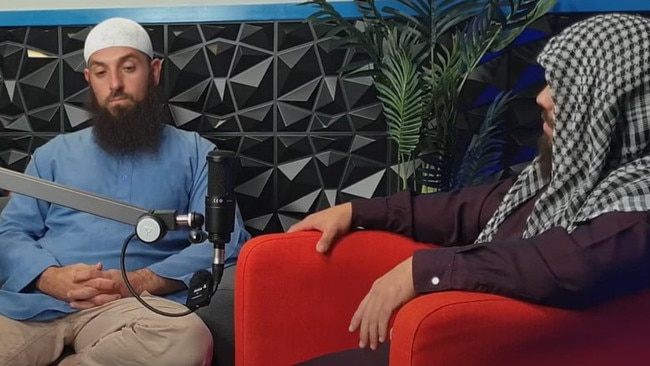
Jewish and political leaders have questioned the NSW government’s “strict hate speech laws” as clerics who broadcast calls to “drown Jews” were cleared of criminality.
“These were hate-filled, hate-fuelled, anti-Semitic rants – it’s quite gobsmacking that no further action will be taken,” Peter Dutton said.
The Australian revealed on Wednesday how Sydney-based clerics Abu Ousayd, known as Wissam Haddad, and “Brother Ismail” were cleared of wrongdoing by the NSW Police Force and the Australian Federal Police.
The pair gave sermons that included calls to wage Jihad, parables about “killing” Jews, and statements that Muslims should spit on Israel so “the Jews would drown”.
On Thursday, NSW Premier Chris Minns reiterated that the sermons “reeked of anti-Semitism” but decisions to prosecute sat with NSW police. “I’ve made my views clear, and I can’t be clearer about it (anti-Semitism in NSW),” he said.
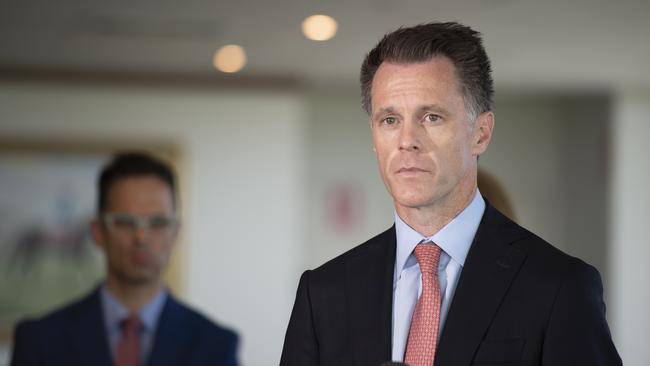
“We have strict laws in place in relation to hate speech. They’re applied to let people know that there’ll be no tolerance for anti-Semitism.”
In NSW, one of the laws under which the sermons could have been charged was section 93z of the Crimes Act, which outlaws race- or religion-based public incitements of violence.
It was “streamlined” by the Minns administration to bypass the Director of Public Prosecutions to let police lay charges without seeking approval.
Given that prosecuting the clerics’ sermons was waived by police, this has raised questions about just how “strict” NSW’s hate speech laws are.
“If the perpetrators peddling this anti-Semitic poison are not held accountable, then would-be perpetrators are not deterred,” the federal Opposition Leader said. “In fact, they are encouraged.
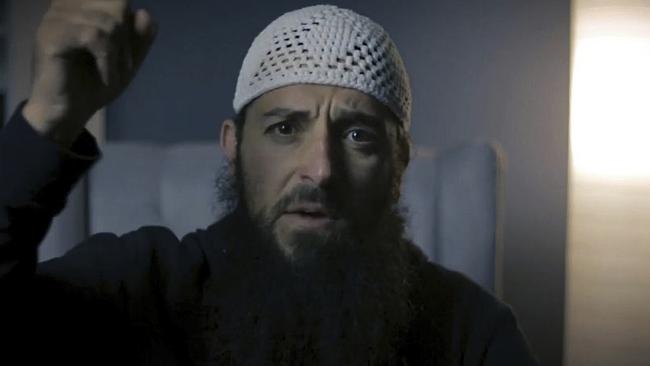
“If the existing laws can’t capture this hate-filled bile and this threat to social cohesion, then the government should investigate whether we need stronger laws.”
Mr Minns defended the government’s amendments to 93z and appeared to rule out strengthening it further, saying he’d worked on the “information we received from faith leaders”.
A legal source, with intimate knowledge of the history of legislation, told The Australian the problem was an “absence” of a low-level criminal offence dealing with inciting hatred or contempt.
The Anti-Discrimination Act, which makes it unlawful to incite hatred or contempt for a person or group on the basis of their belief or race, is a civil and not a criminal provision. “Section 93z is limited to inciting violence and the Anti-Discrimination Act provides civil provisions for inviting hatred or contempt, but not criminal provisions,” the source said.
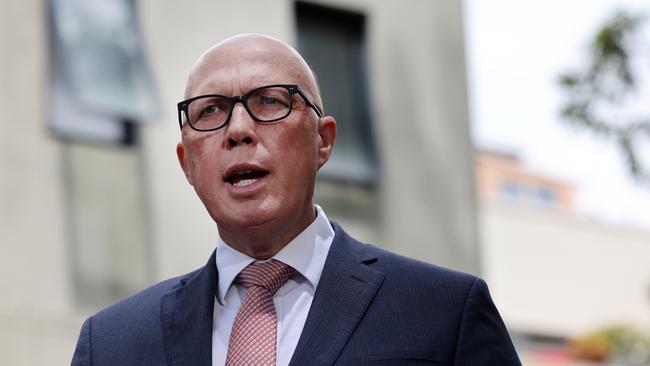
Unlike 93z, incidents that fall under the Anti-Discrimination Act are not enforceable by the police and must be referred to Anti-Discrimination NSW. “The government should insert into the Crimes Act the second provision dealing with inciting racial hatred or contempt,” the source said.
Executive Council of Australian Jewry co-CEO Alex Ryvchin said there was “something seriously wrong with our laws” if preachers could call for Jihad and incite violence against Jews and “get away with it”.
“It cannot be we as a society wait for terrorism to occur and for our societal harmony to be shredded before we take action,” he said. “Free speech is critical but a religious leader instructing followers to pursue terror and a global religious war is not about speech, it is about violence.”
Australia/Israel & Jewish Affairs Council executive director Colin Rubenstein said he was “deeply disappointed”, and laws needed to be “enforceable”.
“How can a small group of clerics be allowed to propagate hate and fail to be held to account?”
“The community is scratching their heads in bewilderment. No one should be permitted to preach hate towards another group without facing tough consequences.”
Senator Dave Sharma said he was perplexed by the decision and said defective legislation should be remedied.
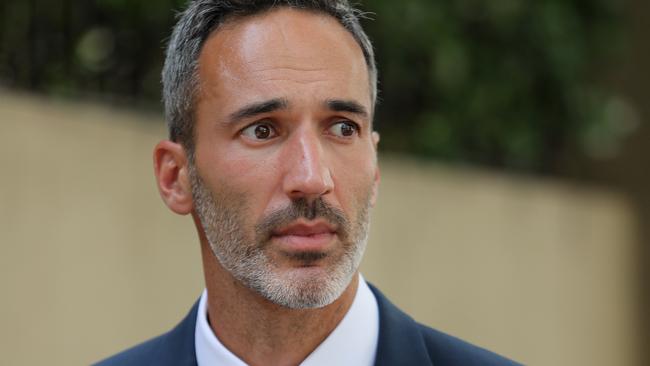
“I find it hard to understand how these sermons wishing harm to Jews fail to meet the threshold of criminality,” the former Australian ambassador to Israel said.
“At the very least, this should be tested in court. And if our laws are inadequate, we should strengthen them.”
NSW Upper House deputy president Rod Roberts – a 20-year cop before entering parliament – said he had spoken to senior sources in the state police who called the current anti-vilification laws “inoperable”.
“They want to use them, but they can’t use them or enforce it – the threshold is way too high,” the MP said.
Mr Roberts said the premier’s assertion that there was “no room for hate speech” was “lip service”, shown by the fact Brother Ismail and Mr Ousayd “can just get away with what they said”.
He said the onus was now on the government to strengthen legislation to “fit the times” – like seen in Canberra this week where new legislation was passed to lock up former detention detainees if they pose a risk of offending.
“It (no action) emboldens them (the clerics), they’ll be feeling untouchable,” he said.








To join the conversation, please log in. Don't have an account? Register
Join the conversation, you are commenting as Logout